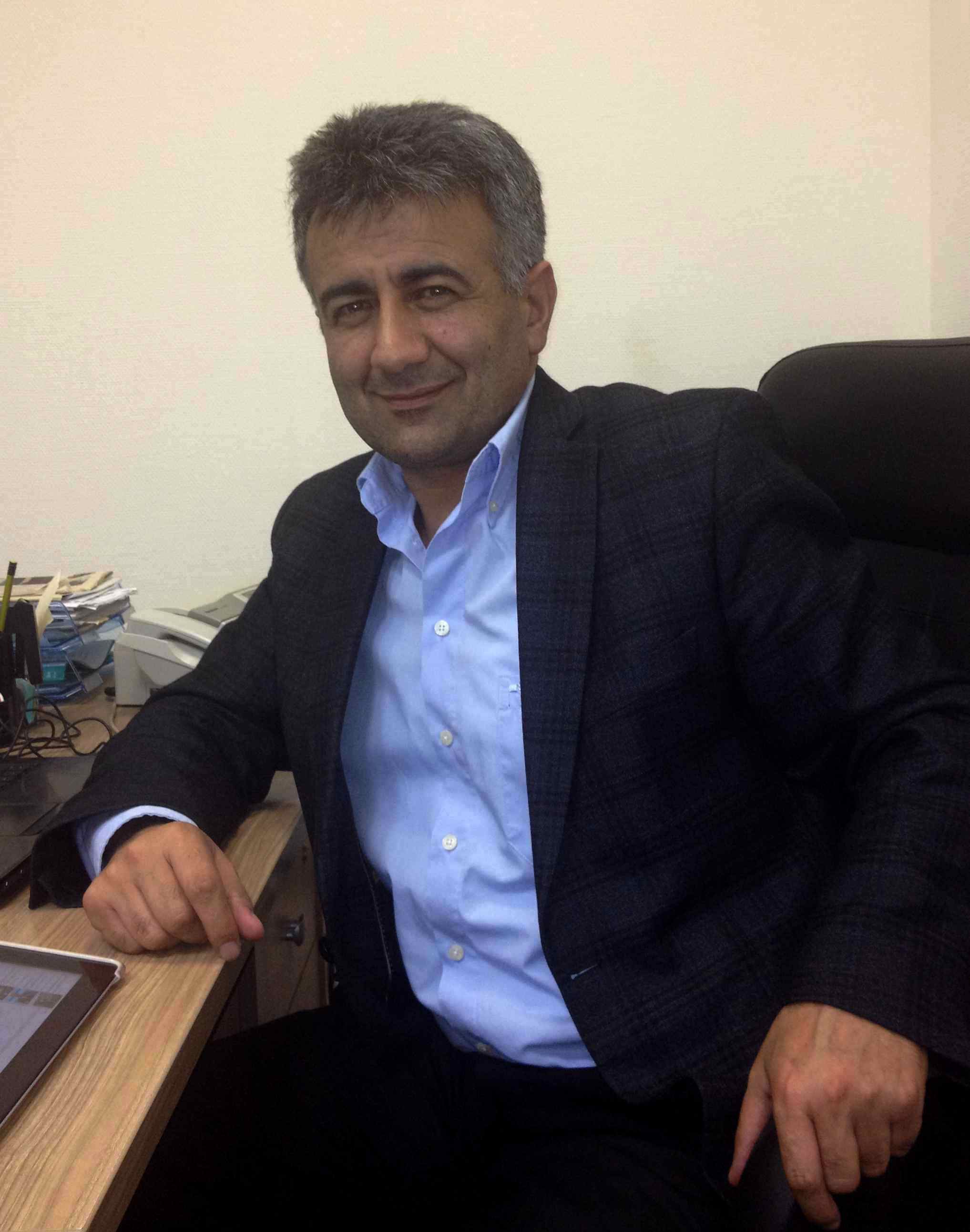Islam and Russian Muslim community play a significant role in social and political life of Russia. It naturally affects the capital of Russia. The given work focuses on the difficulties of ethnological study of
the religious community using the example of Ismailites in Moscow. The paper is based on the “insider” experience of study of the Ismaili community in Moscow. The author raises such issues as ethic aspects, definition of the level of religiosity of the studied community, access to the “intimate secrets” of informants, etc. It seemed that after the dissolution of the Soviet Union and diminishing of antireligious discourse it would be easier for researchers to study Islam in all its dimensions. However, the antireligious discourse was substituted by the “veracity” of this or that Islamic direction. The paper highlights major aspects of Ismailism, describes methodological difficulties, that author faced during his fieldwork. After the years of studying Ismailis in Tajikistan and Russia, the author concludes that an insider researcher has many advantages while working with informants, but he faces several difficulties as well. Sometimes his conclusions are not welcomed by members or leaders of the religious community and can even be treated painfully. The author discovered that during their field work insider researchers could could have too much trust in their informants, which can influence the results.
Key words: Islam, Ismailis, methodology, Pamir, Tajikistan, ethnologic research, anthropology of religion.
DOI: 10.22250/2072-8662.2018.2.59-64
About the author
 |
Tokhir S. Kalandarov – PhD (History), senior research fellow at The Institute of Ethnology and Anthropology of RAS; 32A Leninskiy prospect, Moscow, Russia, 119991; This email address is being protected from spambots. You need JavaScript enabled to view it. |






